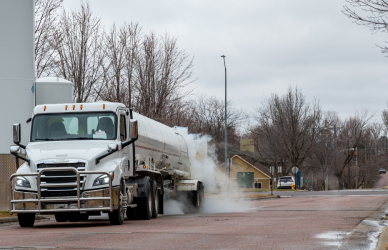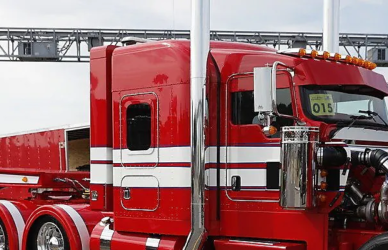The PrePass Safety Alliance has recently expanded its PrePass weigh station bypass system, adding 116 new sites across four states and enhancing coverage for enrolled trucks.
Now, PrePass-enrolled trucks can enjoy bypass opportunities at over 75 sites in Rhode Island, Minnesota, Pennsylvania, and Massachusetts. Moreover, the Alliance is rolling out an additional 40 sites in existing PrePass states such as Michigan, Texas, California, Iowa, South Carolina, Utah, Wyoming, Mississippi, and North Carolina.
With these latest expansions, the PrePass network now boasts over 550 sites spanning 44 states, providing fleets with enhanced coverage and convenience.
“Our expansion into these four new states and the addition of 116 new sites underscore the Alliance mission to enhance the safe and efficient movement of freight on America’s highways,” said Mark Doughty, president and CEO of PrePass Safety Alliance. “But this is only the beginning. Expect further announcements regarding new states and enhancements to our services as we strive to provide our customers with innovative solutions that streamline their operations and help them maximize their time on the road.”
The PrePass weigh station bypass service recognizes safe, qualified fleets, granting them the ability to bypass weigh stations and ports of entry, resulting in time, money, and fuel savings. Additionally, PrePass offers toll payment and management services, streamlining tolling processes for carriers by preventing costly violations and automatically disputing maximum tolls. Serving as the sole integrated bypass and electronic toll management provider, PrePass customers benefit from a single device for both services.
To make use of the new bypass sites, fleets must equip their trucks with the recently updated PrePass app. This app not only unlocks access to over 20% more bypass locations but also provides real-time driver safety alerts, covering aspects such as work zones, traffic slowdowns, adverse weather conditions, available parking slots, and more.
Source: Commercial Carrier Journal











